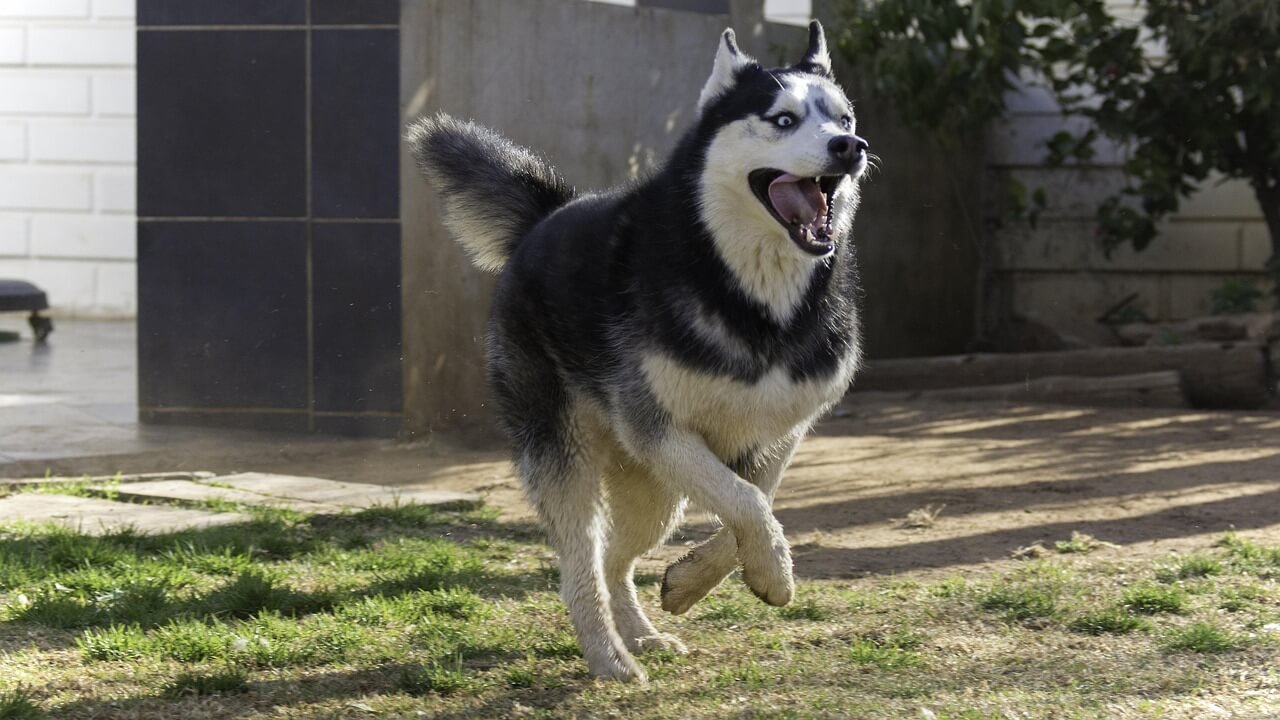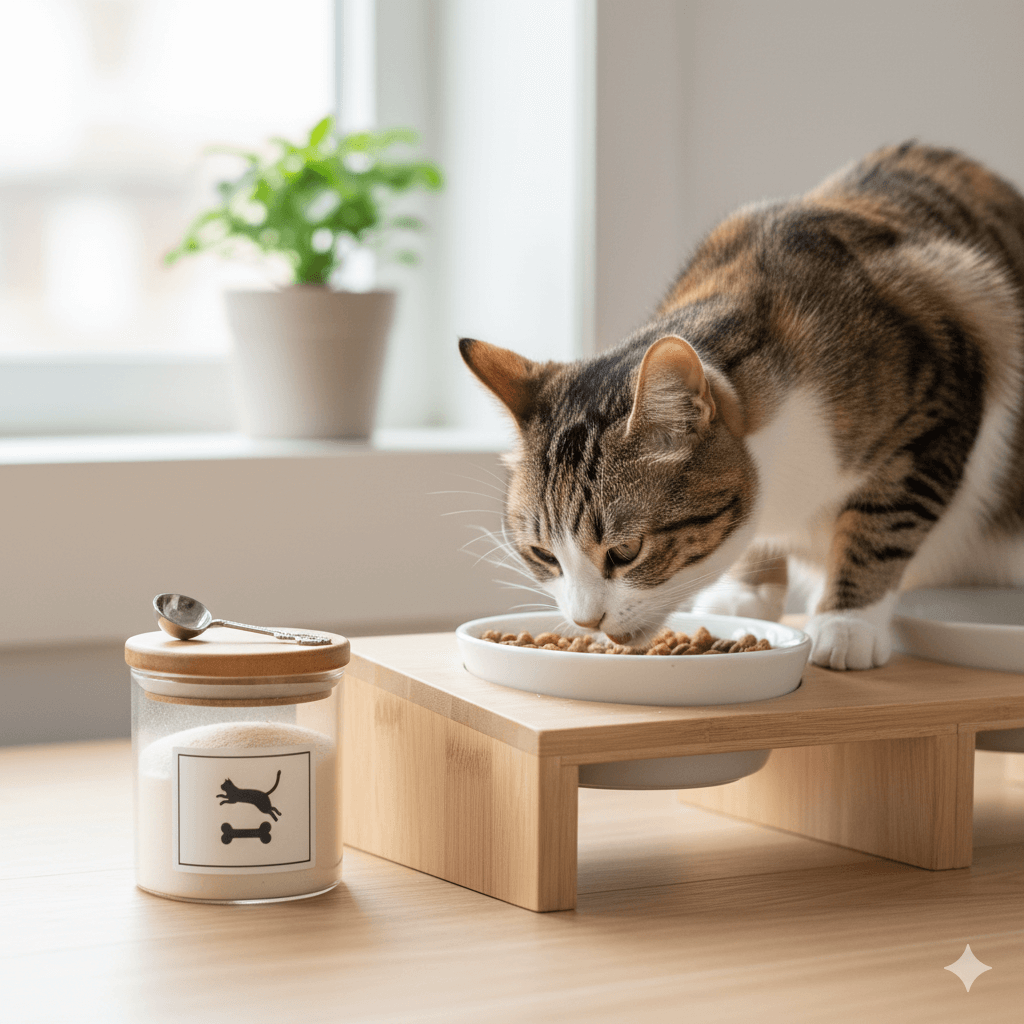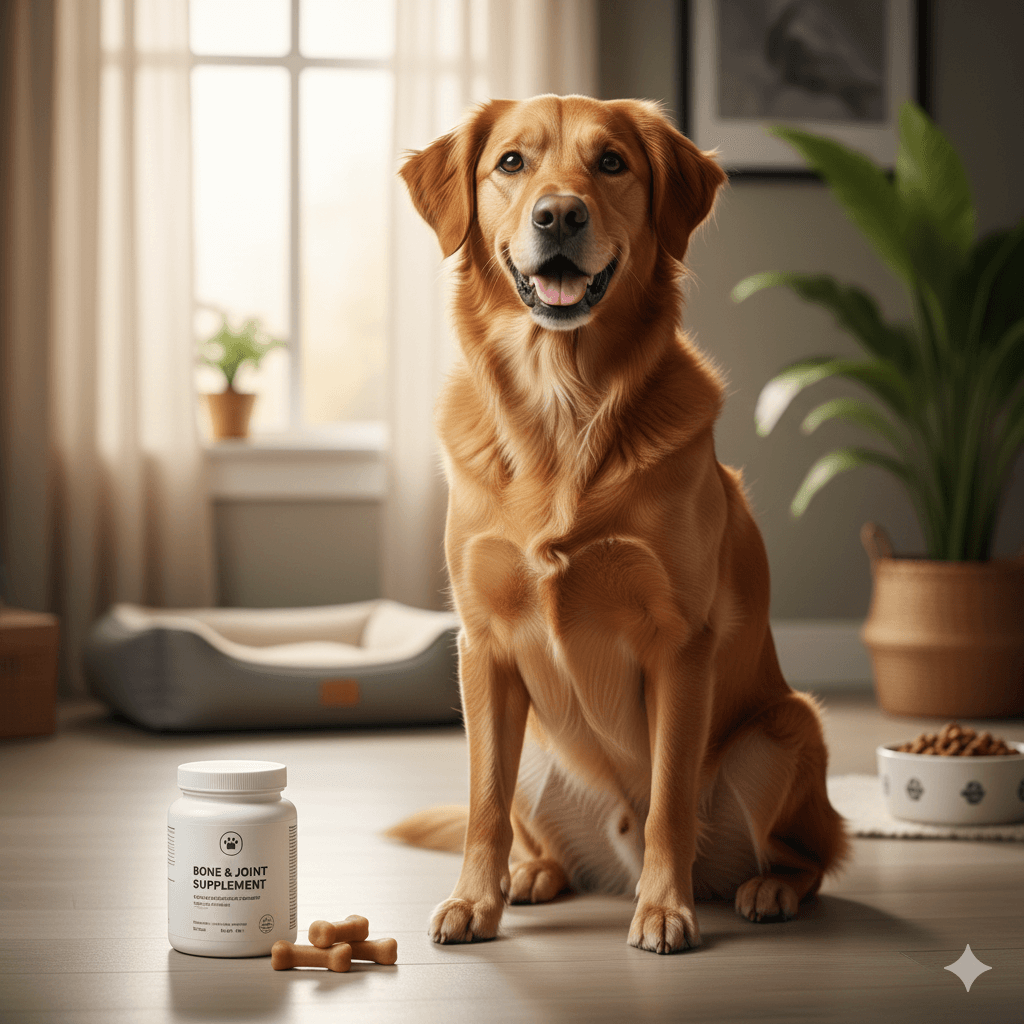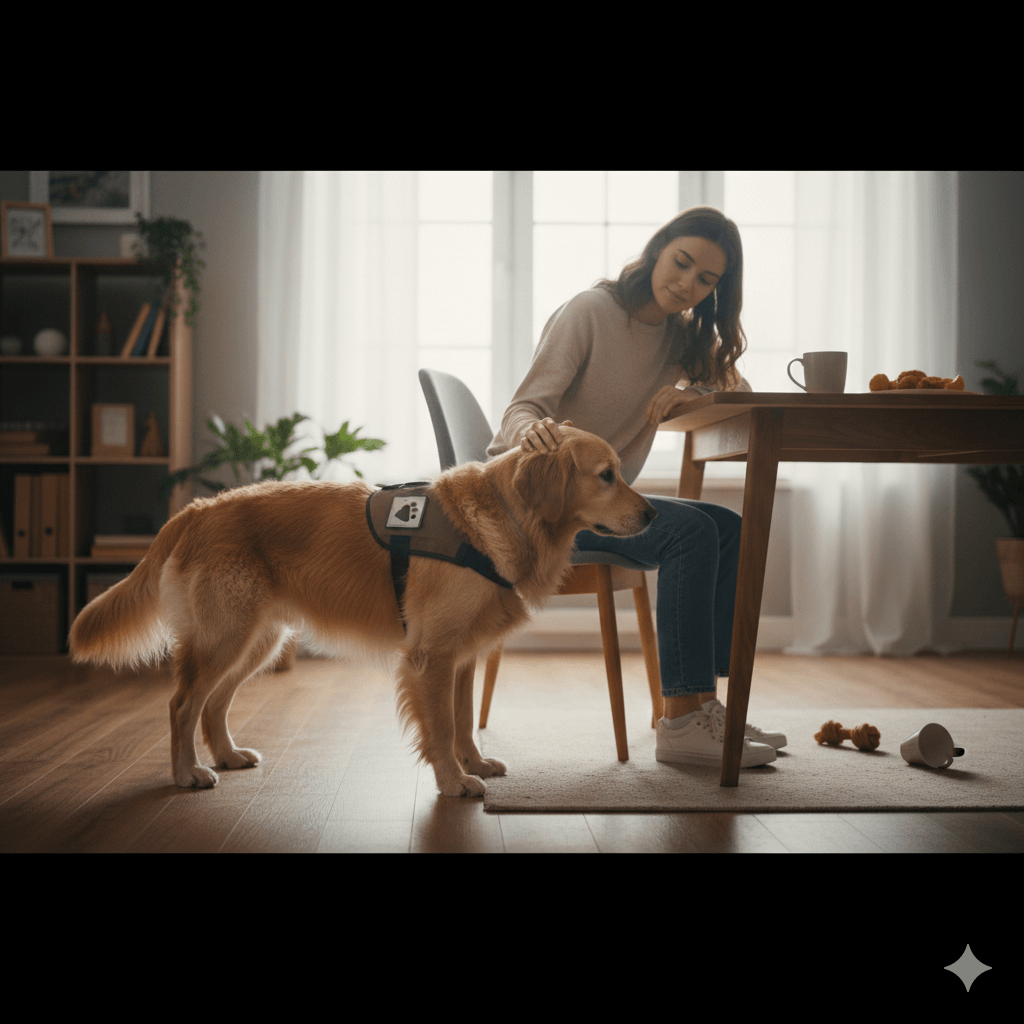What Happens If Your Dog Ate Fertilizer?
As a pet owner, you know how curious dogs can be. Their noses lead them to explore everything around them, and sometimes, this curiosity can land them in trouble. One common mishap is when your furry friend accidentally ingests something they shouldn’t—like fertilizer. Whether it’s scattered on the lawn or stored in an accessible area, fertilizer can pose a serious risk to your dog’s health. In this blog post, we’ll explore what happens when your dog eats fertilizer, how to recognize the signs of poisoning, and what steps you should take immediately. By understanding these risks, you can better protect your beloved companion and ensure their safety.
Common Types of Fertilizers and Their Risks
Fertilizers come in many forms, each with its own set of ingredients that could harm your dog if ingested. Below are some common types of fertilizers and their potential dangers:
Granular Lawn Fertilizers
These often contain nitrogen, phosphorus, and potassium, which can irritate your dog’s digestive system.Organic Fertilizers
While labeled as “natural,” organic fertilizers may still include harmful components like bone meal or blood meal, which can cause blockages in the intestines.Weed-and-Feed Products
These combine fertilizer with herbicides or pesticides, making them particularly toxic for pets due to added chemicals.Liquid Fertilizers
Though less likely to attract dogs because of their form, liquid fertilizers can still cause skin irritation or stomach upset if licked off paws.Slow-Release Pellets
These small pellets are easy for dogs to mistake for food but can release toxins over time as they break down in the stomach.
Understanding the type of fertilizer your dog has consumed is crucial for determining the appropriate course of action. Always check product labels carefully and keep all fertilizers out of reach from curious noses.
Signs That Your Dog May Have Eaten Fertilizer
If you suspect your dog has eaten fertilizer, it’s essential to watch for specific symptoms. Early detection can make a significant difference in treatment outcomes. Here are some warning signs to look out for:
Vomiting
This is one of the most immediate reactions and often indicates gastrointestinal distress.Diarrhea
Loose stools may occur as the body tries to expel the toxic substance.Excessive Drooling
Pawing at the mouth or drooling excessively could signal oral irritation.Lethargy
A sudden lack of energy or unwillingness to move might indicate internal discomfort.Difficulty Breathing
In severe cases, inhaling fertilizer particles can lead to respiratory issues.
If you notice any of these symptoms after your dog has been exposed to fertilizer, act quickly. Contact your veterinarian right away to discuss the situation and receive professional advice tailored to your pet’s condition.
Check this guide 👉What Happens If Your Dog Ate Baking Soda? Best 7 Tips!
Check this guide 👉Can Dogs Eat Dates? Best 7 Health Tips!
Check this guide 👉When Your Dog Ate Charcoal: Best 7 Health Tips!
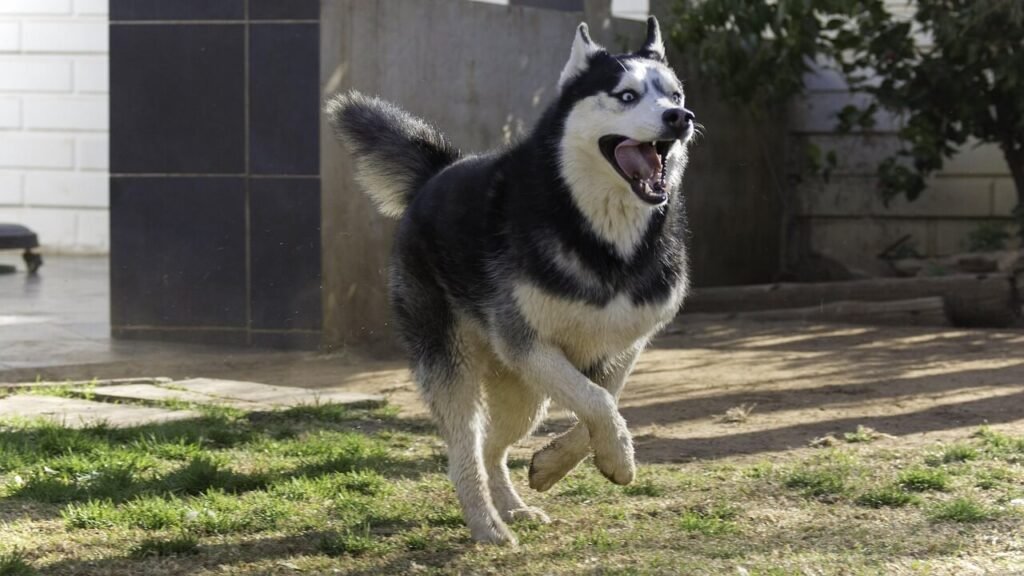
Type of Fertilizer | Potential Health Effects |
|---|---|
Granular Lawn Fertilizer | Irritation of the digestive tract, vomiting |
Organic Fertilizers | Intestinal blockage, abdominal pain |
Weed-and-Feed Products | Poisoning from herbicides, neurological symptoms |
Liquid Fertilizers | Skin irritation, mild stomach upset |
Slow-Release Pellets | Gradual toxin release, prolonged illness |
Steps to Take If Your Dog Eats Fertilizer
Acting promptly is key to ensuring your dog’s safety if they’ve ingested fertilizer. Follow these steps to address the situation effectively:
Remove Your Dog from the Area
Prevent further exposure by moving your dog away from the source of the fertilizer.Check for Packaging Information
Gather details about the fertilizer’s ingredients, as this information will help your vet assess the risk.Do Not Induce Vomiting Without Guidance
Forcing your dog to vomit without consulting a professional could worsen the situation.Rinse Their Mouth and Paws
If there’s visible residue on their fur or skin, gently clean it with water to prevent additional ingestion.Contact Your Veterinarian Immediately
Provide them with all relevant information so they can guide you through the next steps.
Time is of the essence when dealing with fertilizer ingestion. Quick action can minimize complications and give your dog the best chance at recovery.
Preventive Measures to Keep Your Dog Safe
Prevention is always better than cure. Taking proactive steps can significantly reduce the likelihood of your dog encountering fertilizer-related dangers. Consider implementing the following strategies:
Store Fertilizers Securely
Keep all gardening products in locked cabinets or high shelves where dogs cannot access them.Use Pet-Safe Alternatives
Opt for non-toxic fertilizers specifically designed for households with pets.Supervise Outdoor Activities
Monitor your dog closely during walks or playtime in areas where fertilizers might be present.Water the Lawn After Application
Ensure fertilizers are properly absorbed into the soil to minimize surface residue.Train Your Dog to Avoid Certain Areas
Teach commands like “leave it” or “stay” to discourage exploration near hazardous spots.
By adopting these habits, you create a safer environment for your dog while maintaining a healthy lawn. Remember, vigilance goes a long way in preventing accidents.
Understanding Fertilizer Ingredients
Fertilizers are made up of various components, each serving a specific purpose for plant growth. However, these ingredients can pose significant risks to dogs if ingested. Here’s a breakdown of common fertilizer components and their potential effects:
Nitrogen Compounds
Nitrogen is essential for plant growth but can irritate a dog’s digestive system and cause vomiting or diarrhea.Phosphorus and Potassium
These minerals are generally less toxic but may still lead to gastrointestinal upset in large amounts.Herbicides and Pesticides
Often added to fertilizers, these chemicals can be highly toxic and result in severe poisoning symptoms.Bone Meal and Blood Meal
While natural, these additives can harden in the stomach, causing obstructions or pancreatitis.Iron and Zinc
Trace elements in fertilizers can lead to heavy metal toxicity, which requires immediate veterinary attention.
Understanding these ingredients can help you assess the level of danger your dog faces after exposure. Always prioritize consulting a veterinarian when dealing with fertilizer ingestion.
How to Pet-Proof Your Yard
Creating a pet-safe outdoor space is crucial for preventing accidents like fertilizer ingestion. With a few simple adjustments, you can make your yard a safer environment for your dog. Consider these tips:
Fence Off Treated Areas
Use barriers or fencing to block access to recently fertilized sections of your lawn.Choose Non-Toxic Plants
Replace hazardous plants with pet-friendly alternatives to reduce overall risks in your garden.Avoid Storing Chemicals Outdoors
Keep all gardening supplies, including fertilizers, locked away in a secure shed or garage.Use Natural Pest Control Methods
Opt for eco-friendly solutions like diatomaceous earth instead of chemical pesticides.Regularly Inspect the Yard
Check for hazards like spilled fertilizer, sharp objects, or poisonous plants that could harm your pet.
By implementing these strategies, you can create a yard where your dog can roam freely without encountering dangerous substances. A little effort goes a long way in ensuring their safety.
Long-Term Effects of Fertilizer Ingestion
While immediate symptoms of fertilizer ingestion are often noticeable, some effects may not appear until later. Understanding these potential long-term consequences can help you monitor your dog’s health more effectively. Here’s what to watch for:
Chronic Gastrointestinal Issues
Repeated exposure to fertilizers can lead to ongoing digestive problems like irritable bowel syndrome (IBS).Kidney or Liver Damage
Toxic ingredients may accumulate in your dog’s organs over time, causing long-lasting damage.Respiratory Problems
Inhalation of fertilizer particles can result in chronic breathing difficulties or asthma-like symptoms.Skin Sensitivities
Prolonged contact with certain fertilizers may cause persistent skin allergies or rashes.Behavioral Changes
Dogs experiencing discomfort from long-term effects may exhibit changes in behavior, such as lethargy or aggression.
Being aware of these possibilities allows you to stay vigilant about your dog’s well-being. Regular check-ups with your veterinarian can help detect and address any lingering issues early on.
Frequently Asked Questions About Dogs and Fertilizer
Is all fertilizer dangerous for dogs?
Not all fertilizers are equally harmful, but many contain ingredients that can irritate or poison dogs. Always read labels carefully.
What should I do if my dog eats fertilizer?
Remove them from the area, rinse their mouth, and contact your veterinarian immediately for guidance.
Are organic fertilizers safe for pets?
While marketed as natural, organic fertilizers can still pose risks, such as intestinal blockages from bone meal.
How long does it take for symptoms to appear?
Symptoms can develop within minutes to hours, depending on the type and amount ingested.
Can I use weed-and-feed products safely around my dog?
It’s best to avoid using these products altogether, as they often contain harmful herbicides and pesticides.
Protecting Your Dog from Fertilizer Dangers
Dogs bring joy and companionship into our lives, and keeping them safe is our top priority. Understanding the risks associated with fertilizer ingestion empowers us to take preventive measures and respond effectively in emergencies. By storing products securely, choosing pet-safe alternatives, and staying vigilant, we can ensure our furry friends remain happy and healthy. Remember, even small precautions can make a big difference. With knowledge and care, you can safeguard your dog against the dangers of fertilizer and enjoy peace of mind knowing they’re protected.
Understanding Bone Supplement for Cats: Best 7 Expert Tips! – Safe, vet-approved guidance for strong feline bones & balanced nutrition.
Bone Supplement for Dogs: Best 7 Expert Tips! – Expert guide to calcium, collagen & bone health for every life stage.
Understanding Can Cats Get Sunburn: Best 7 Expert Tips! – Protect your feline from UV damage with vet-backed prevention strategies.
How to Train a Seizure Alert Dog: Best 7 Expert Tips! – Learn expert-backed steps to nurture natural instincts into reliable, life-saving seizure alerts.

